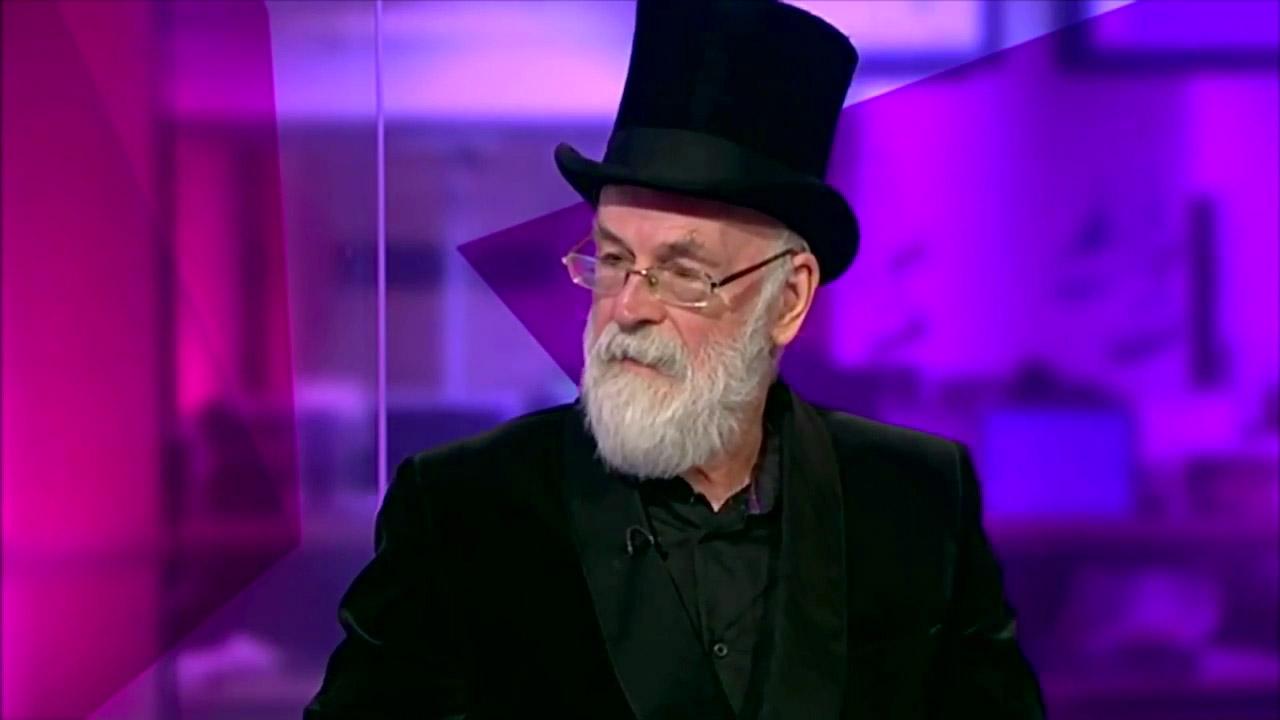Key Points
- Public understanding of dementia and what can be done about it was extremely limited
- Rocket used an insightful and timely TV campaign to raise awareness
- Despite public fear and confusion, brand awareness increased by 12%
The Challenge
Alzheimer’s Research UK is the largest dedicated charity funder of dementia research in the world. Their ambition is to discover a modifying treatment for Alzheimer’s disease and other forms of dementia. This challenge is made harder by the fact that awareness of the charity was very low and there was a large amount of confusion around the disease. People saw it as an inevitable part of ageing and were unaware of the disease process behind the symptoms, which led to fatalism around the issue. Given that, in 2014, Alzheimer’s disease was the biggest killer of women and that one in three of people in the UK is affected by dementia through a family member or close friend, something needed to be done.
Previously, they had focussed on direct marketing and earned media, so awareness was limited to those who had come into contact with the charity. However, they wanted to step up to a new level and drive awareness of the fantastic, future facing work the charity are conducting in order for the condition to be better understood and supported. They needed to tell people quickly so that pioneering research could be given the strongest chance to save lives sooner.
The TV Solution
Alzheimer’s Research UK made a bold decision to launch the cause on TV for the first time. Although they felt it was risky because there was no guarantee on fund returns, they felt that the prospect of increased awareness could not be missed. They wanted to get across one simple message to establish an element of hope: that Alzheimer’s, the leading cause of dementia, is a disease and that through research people no longer need to live in fear due to Alzheimer’s Research UK’s push for disease modifying treatments.
Working with their media agency, Rocket, they developed a three phase strategy: Awareness, Education and Activation and decided to focus of phase one at launch. TV was the obvious choice for this campaign as it would enable them to build rapid awareness to a broad, national audience as well as to their core audience of ABC1 adults 45+ who are heavy TV viewers. Also, the fact that TV can convey an emotional message and deliver it with impact made it the ideal medium.
Their creative agency, ais, developed a compelling ad. It was the job of Rocket to ensure that as many people as possible saw it.
The Plan
After careful consideration, they opted for an ad that was 40 seconds long. This felt right as it balanced the need to convey a complex message with the need for as many ratings as possible. They chose to advertise in June. This meant that they could capitalise on the rise in awareness of dementia created by the film ‘Still Alice’ that came out in May and also June is one of the cheaper months of the year for TV advertising.
They bought a two week campaign of around 200 ABC1 Adult ratings. This airtime, wisely bought, yielded around 240 TVRs for their core audience of ABC1 adults 45+ and drove coverage of 62% with a frequency of 3.5. Through careful audience analysis, they were able to target their core audience who were loyal to their favourite shows but also enjoyed new and one-off shows across peak and off peak.
They bought key spots in Emmerdale and Britain’s Got Talent in selected regions. This meant their launch spots were able to drive strong initial coverage and had an impact similar to that of bigger spenders. They also bought a spot in Channel 4’s Dementiaville, which generated a huge spike in visits to the Alzheimer’s Research UK website.
To support the TV activity, they ran a complementary VOD campaign and also regional cinema. In addition, they synchronised their spots with Rocket’s in-house DSP. This meant that online display ads were served across relevant sites within a three minute window of the biggest TV spots airing.
Results
Despite a limited budget of around £700,000, some fantastic results were achieved:
- Awareness went from 59.8% before the campaign to a peak of 72% (source: YouGov)
- The ‘buzz’ score reached 3rd of 44 leading UK charities in week two, up from13th
- Alzheimer’s Research UK featured in the top ten charity brands in the UK, ahead of some other big and well known charities
- Paid media drove a huge amount of free support including 279 pieces of media coverage
The campaign, with TV at its heart, raised the profile of Alzheimer’s Research UK and cemented it as a key cause in the charity category.
Alzheimer’s Research UK’s first televised brand campaign …was an incredible success, generating widespread earned media, out-performing bigger spenders in the sector, and enormously uplifting our brand health and awareness metrics… Undertaking advertising at this scale for the first time was nerve wracking for a growing charity, but with the success it achieved and the confidence it gave us, the entire organisation is bolder than ever about using TV and other media to get the world behind us.
Tim Parry Head of Communications & Brand, Alzheimer’s Research UK
Databank
Sector: Charities
Brand: Alzheimer’s Research UK
Campaign objectives: To drive awareness of the fact that dementia is a disease and of the work being done to fight it by Alzheimer’s Research UK
Target Audience: ABC1 Adults 45+
Budget: c. £700,000
Campaign Dates: Two week campaign in June 2015
TV Usage: 40 second spots
Creative Agency: ais
Media Agency: Rocket
 Thinkbox
Thinkbox